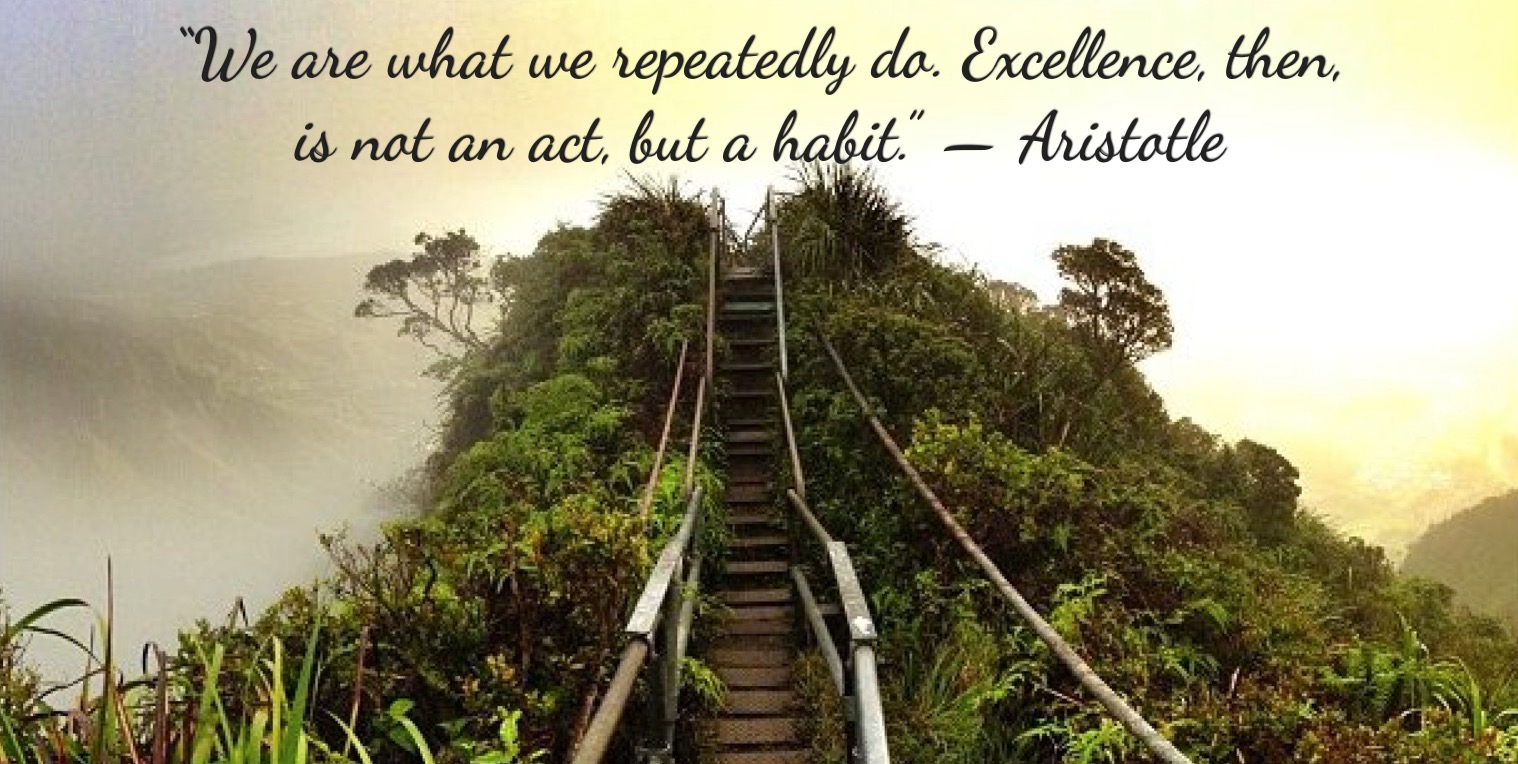“How we spend our days is how we spend our lives.” — Annie Dillard
Routines can help us hold it all together. When everything is in turmoil, and life is scary, putting certain habits in place can help create a sense of order, and ground us when we’re feeling untethered. So if your routine has been thrown into disarray by coronavirus, it’s possible to see it as opportunity rather than embuggeration.
As with everything I’ve learned in this lifetime, I learned this the hard way. When I first set out across the Atlantic, within a matter of hours the excitement of the departure had evaporated, and I crashed into a state of complete overwhelm. I actually felt rather foolish. I had desperately wanted this adventure, and now I hated it. It was just so damn hard. Even something as simple as boiling water to rehydrate my freeze-dried dinner took ages — to get out all the equipment I needed, fire up the camping stove, put the powdery food in my thermos pot without the wind blowing it all over me, pour the boiling water into the pot without scalding myself, all while the boat pitched and rolled, and waves crashed over the deck.
I fell into a slump. I started skipping rowing shifts. After all, there was nobody to see, and I had three thousand miles to go — I could always make up for it later.
Running the Algorithm of Personal Pride
But then I noticed that any benefit I got from snoozing my way through a rowing shift was more than outweighed by how disappointed I felt with myself. Even though there was nobody there to see me, I was there to see me, and this wasn’t the person I wanted to be.
So I got my act together. I decided I was going to do four shifts of three hours of rowing, no matter whether I felt like it or not. I was going to stick to this routine like my life depended on it — which, in a way, it did. If I didn’t get to the other side of the ocean in a hundred days or so, I would run out of food.
From that point on, the schedule was non-negotiable. And far from being a tyranny, it was a complete sanity-saver. Until then, I’d often felt like I had an angel on one shoulder, piously telling me I should row, while I had a devil on the other shoulder, whispering to me that I was tired, that my shoulders hurt, that skipping just one little rowing shift wouldn’t matter in the overall scheme of things. Once I’d made the commitment to the rowing routine, they both shut up, which was a huge relief.
Routinise What Needs To Be Done
It saves so much mental energy to routinise things that need to get done. All that constant negotiating with myself was exhausting — the indecision, the dithering, the guilt and shame. That’s not what I wanted going on in my head all the time. I had to make it a central plank of my identity that I was the kind of person who shows up and gets the job done. (And, as a huge added bonus, having a routine also means that when you’re not working you have a clear conscience. It’s essential for your mental health for time off to be psychological as well as physical.)
This isn’t the end of the article!
It is an excerpt from my forthcoming book, The Gifts of Solitude. I would be most grateful if you would go to the full article on Medium.com, which will earn me a few cents in these financially challenging times. If you follow this “friend link“, you don’t have to pay to read it. I believe the algorithm gauges the number of people who read it, and for how many minutes, so please read slowly!
Please also check out my new videos and podcasts at the Gifts of Solitude website. Enjoy!
And thank you.

